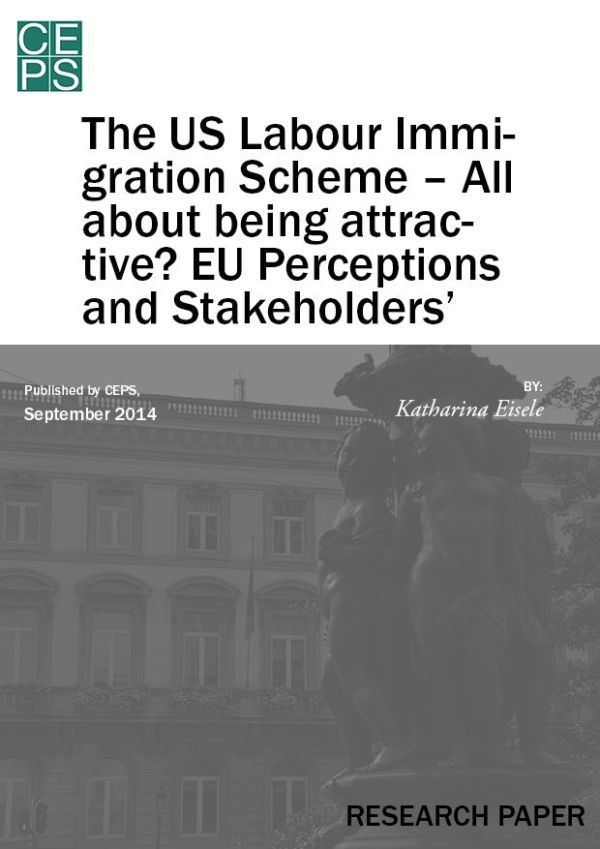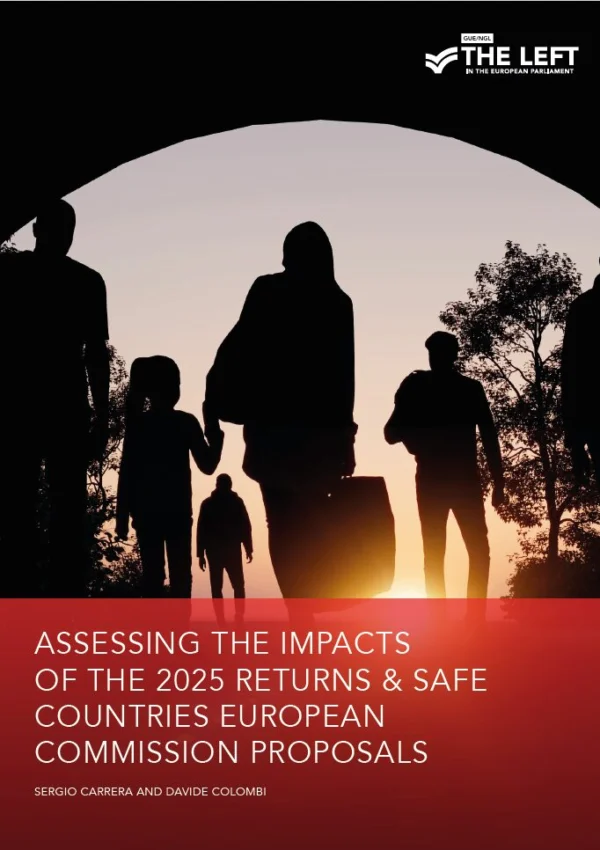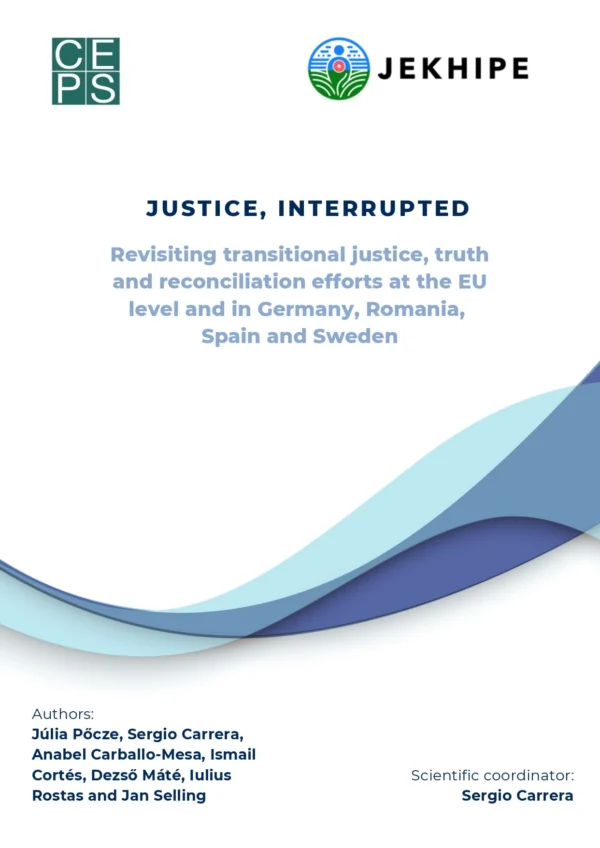Labour immigration schemes that effectively attract qualified immigrant workers are a policy priority for many governments. But what are ‘attractive’ labour immigration schemes and policies? To whom are (or should) such policies (be) attractive? In Europe, the US is often portrayed as one of the most ‘attractive’ countries of immigration – if not the most ‘attractive’. This paper aims to analyse and provide a better understanding of the elements of the US immigration system that are supposedly attractive to foreign workers, by examining key features of the current and prospective US labour immigration rules. The paper finds that ‘attractiveness’ in this policy context is a highly malleable and flexible concept: What might be ‘attractive’ to one key stakeholder might not be to another.
This paper was prepared in the context of the NEUJOBs project and is simultaneously published on the NEUJOBS website (http://www.neujobs.eu).
Katharina Eisele is a Researcher in the Justice and Home Affairs research unit at the Centre for European Policy Studies in Brussels.








